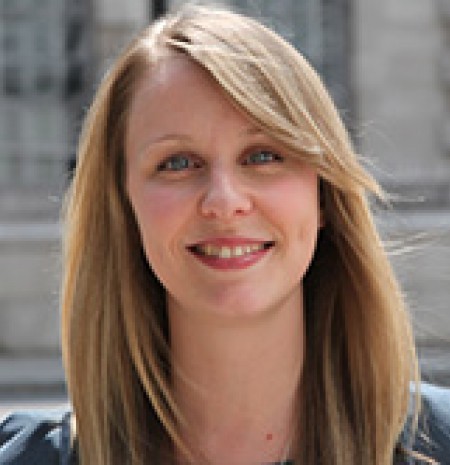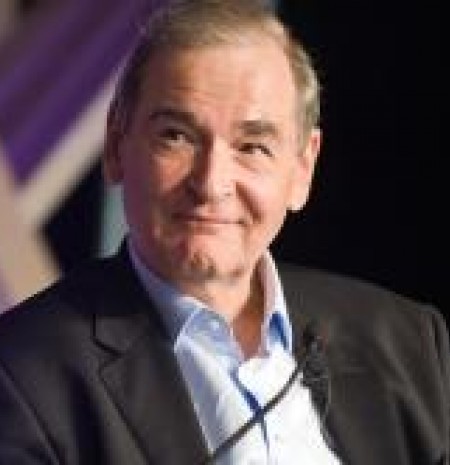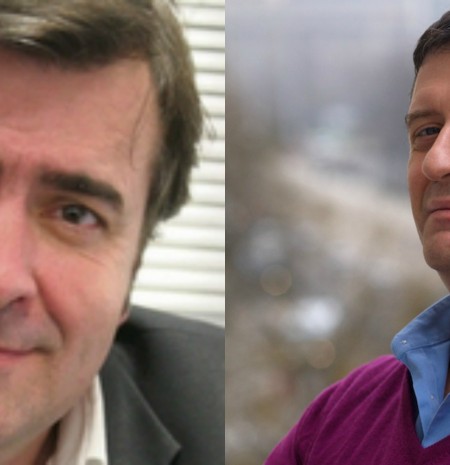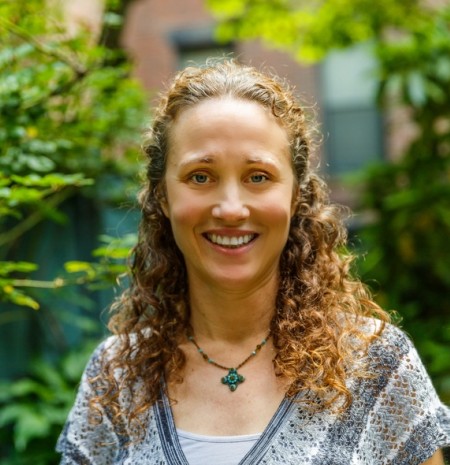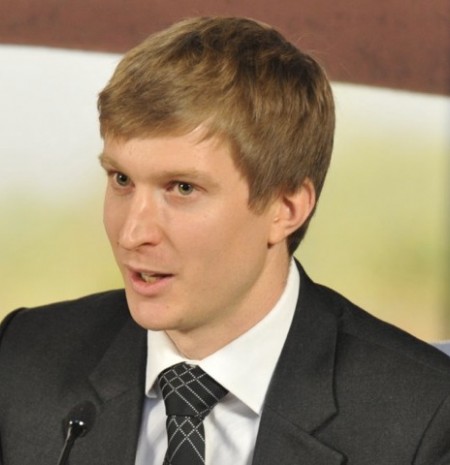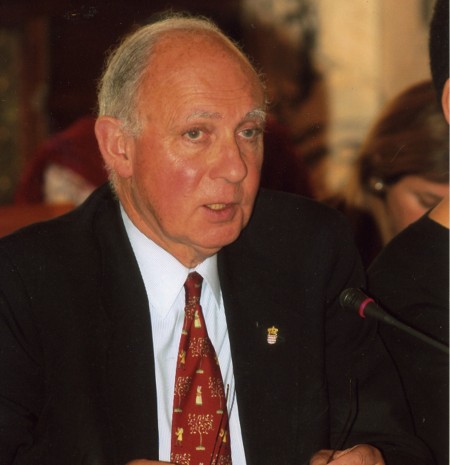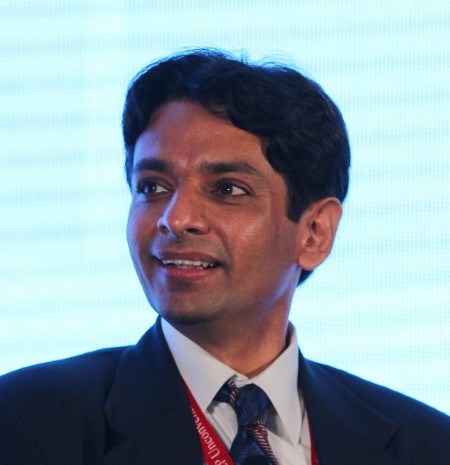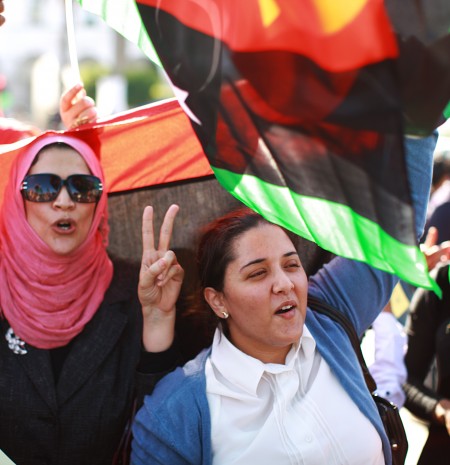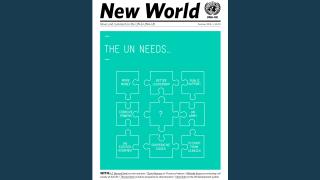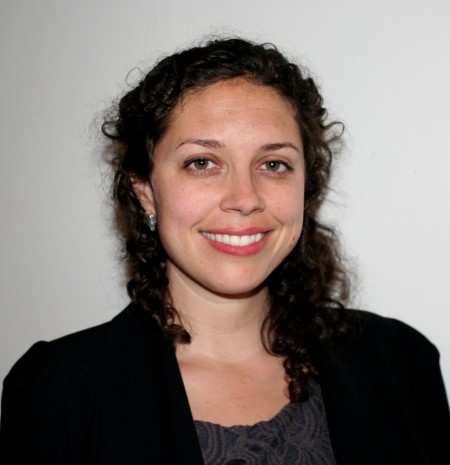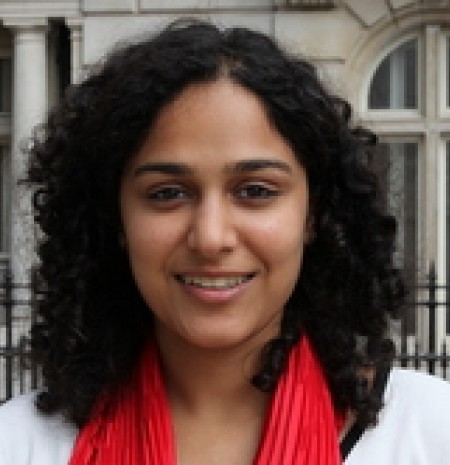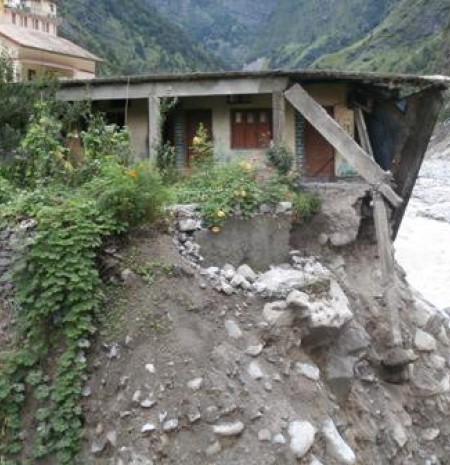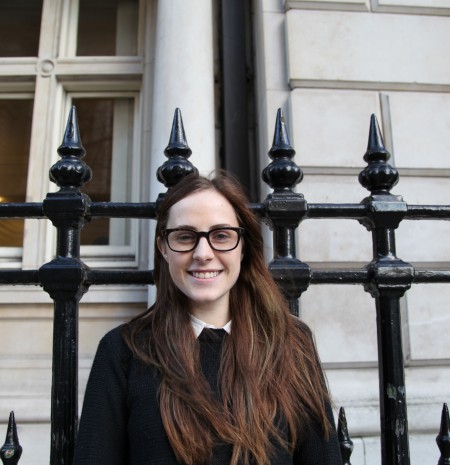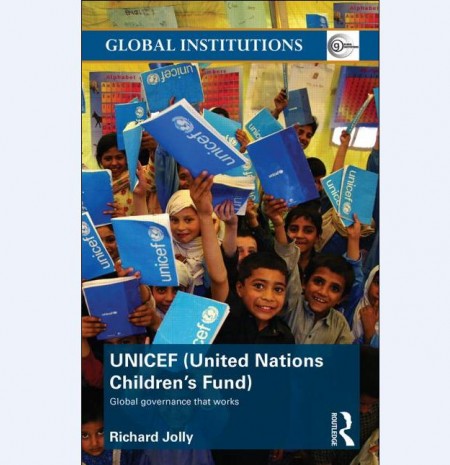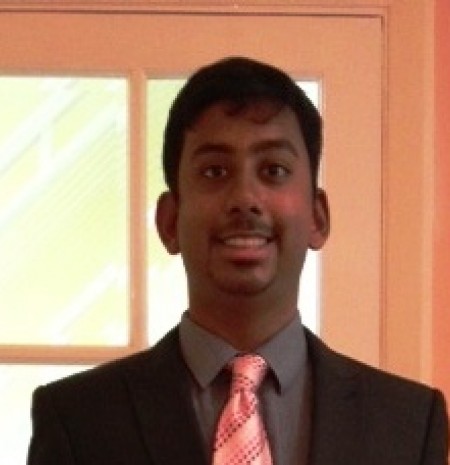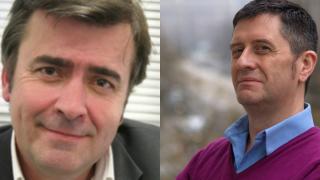
Adam LeBor and Mark Seddon debate this fundamental question.
Adam: The UN was founded in the aftermath of the Second World War to protect human rights and prevent genocide. It has failed to do so. During the 1990s, peacekeepers were present at the site of two genocides, in Rwanda and in Srebrenica, Bosnia, where the “blue helmets” failed to prevent mass slaughter. This happened for several reasons: the peacekeepers’ lack of political support in the Security Council; their weak and ambivalent mandates, but perhaps most of all, because of the UN’s then-obsession with neutrality and impartiality. The fear of being seen to take sides led to a grotesque failure of leadership at the highest reaches of the Secretariat. However, there are some signs that lessons have been learnt from those failures. Peacekeepers in the Democratic Republic of the Congo and South Sudan have taken a more proactive and interventionist approach. There the UN flag means sanctuary. So the UN may be moving towards becoming fit for purpose.
Mark: The UN was actually founded to “promote peace, security and economic development” and has accounted for itself pretty well in the intervening years. The spread of international conventions govern everything from chemical weapons to internationally binding commitments on aid spending and efforts to tackle climate change. For millions across the developing world, the UN is vitally important for their health and well-being. As you’ve said, the lessons of Rwanda and Srebrenica have been well learned. In their aftermath, we have the Responsibility to Protect (R2P), an International Criminal Court and peacekeeping operations backed up by stronger mandates. More recently, opening up a UN camp to internally displaced people in South Sudan is estimated to have saved 80,000 lives; the citizens of Benghazi, Libya, were saved from a terrible fate through UN intervention and peace and reconciliation has been facilitated after dreadful violence in Sierra Leone and Timor-Leste. When member states enable the UN to act, it very amply lives up to the vision of its founders.
Adam: I don’t dispute that the UN has done valuable and important work in crises and disaster zones. There is no doubt that UN staff have saved and improved countless lives. And we can agree that the new, more muscular peacekeeping is a vast improvement. However the doctrine of R2P, that member states have a responsibility to prevent mass slaughter and genocide, has proved hollow: witness the continuing carnage in the Central African Republic. You also mention the international legal conventions on the use of chemical weapons. Syria, as is well known, has used chemical weapons against its own civilians, with hideous results. Yet Syria remains a member state of the UN in good standing, protected by its patron Russia, who can block any critical resolution on the Security Council. Until there is drastic reform in the way the UN is structured and operates, many of its stated commitments to human rights will seem empty.
Mark: The UN has now succeeded in destroying upwards of 93 per cent of Syria’s chemical weapons, has provided humanitarian aid and stands prepared to do a great deal more if the warring sides allow it to do so. It’s also set to despatch 16,000 peacekeepers to the Central African Republic. But the UN and its agencies are active in so many different, life-saving ways it is often easy to forget how important it is – especially to people in the developing world. It promotes maternal health, saving the lives of 30 million women a year; it vaccinates 58 per cent of the world’s children, saving 2.5 million children a year; it assists over 34 million refugees and people fleeing war, famine or persecution and it fights poverty, helping 370 million rural poor achieve better lives. From sexual health, to fighting sexual discrimination, from campaigning against female genital mutilation and for a moratorium on the death penalty, here is the UN at work, showing a very real commitment to human rights. Just where would we be without the UN agencies that make such a great difference?
Adam: Yes, the UN does important work saving and improving lives. The parts of the Organization dealing with health, refugees and humanitarian crises are indeed vital. However, the UN was primarily founded to work for international peace and security. I must return once again to Syria, which has faced very few consequences despite having gassed and slaughtered its own civilians. This is the clearest illustration that the Security Council at least is no longer fit for purpose. It is now 2014, almost 70 years since the UN was established at the end of the Second World War. It is absurd that the five victors of that war – Britain, the US, Russia, France and China – retain the veto and permanent membership at the Council. This set-up ignores the reality of the world in the 21st century. Why is there no permanent member of the Security Council from Africa, South America or other parts of Asia? India, Brazil and South Africa, for example, would all be logical candidates. Until this is remedied and the structure of the Council is reformed, the UN will continue to lack both credibility and power.
Mark: Just because at least three members of the Security Council are supplying weaponry to different sides in the Syria conflict – and in doing so ignoring the pleas of the UN Secretary-General – does not invalidate the organisation of which they are all members. The United Nations’ Geneva 2 peace process has offered the best way forward so far, but has stalled because neither side is prepared to give any ground. Your question about membership of the Security Council is therefore probably better addressed to the governments of France and Britain rather than the United Nations. There is no lack of appetite for reform within the Organization – just the opposite under the current Secretary-General. From Haiti to the Golan Heights to South Sudan, the UN is working to prevent conflict and help rebuild nations. And at a time of enormous change – environmentally, economically and politically – the UN is arguably needed now more than ever before. As has been said before, if the world didn’t have the United Nations it would have to invent it.
Adam LeBor is the author of Complicity with Evil: The United Nations in the Age of Modern Genocide. He is currently writing a series of thrillers set in and around the UN. The first volume, The Geneva Option, is out now.
Mark Seddon is Speechwriter for the UN Secretary-General and Deputy Secretary-General. Prior to this, he had a journalistic career spanning 20 years, including as the first UN correspondent for Al Jazeera.
Photo: Internally displaced people arrive at a camp in Jowhar, Somalia. The UN estimates that over 850,000 Somalis require urgent and life-saving assistance © UN Photo/Tobin Jones.

